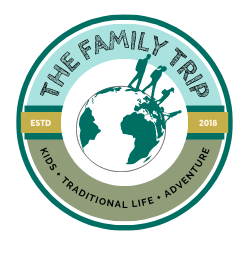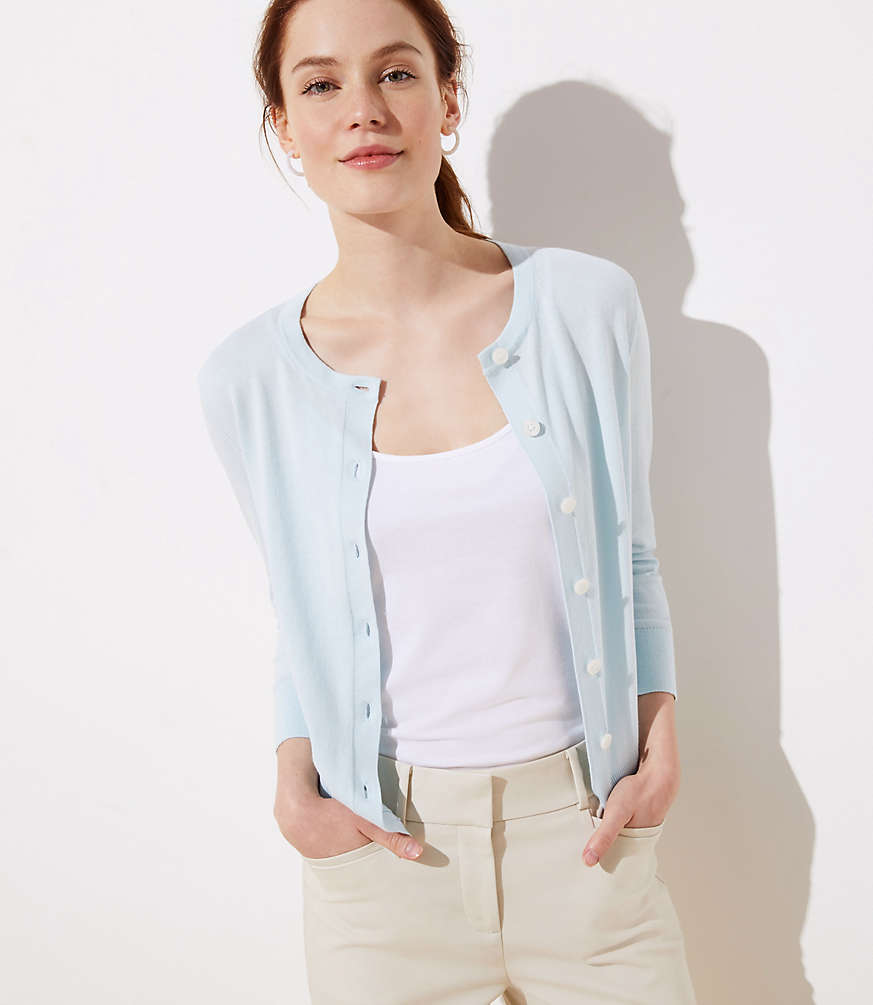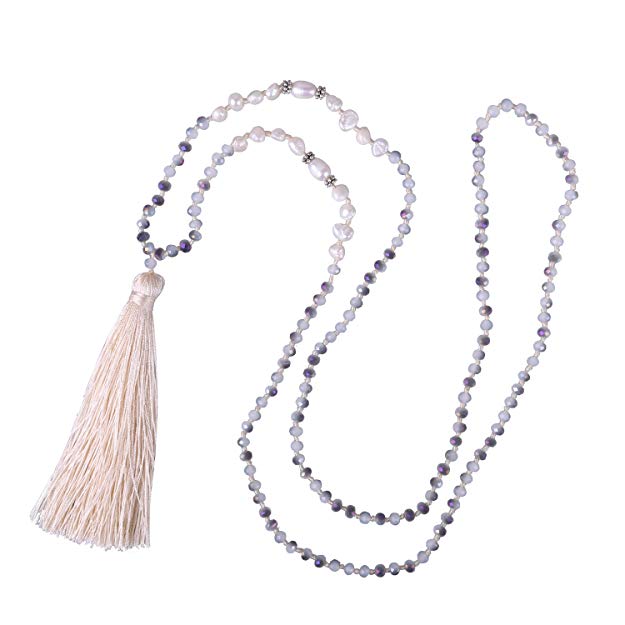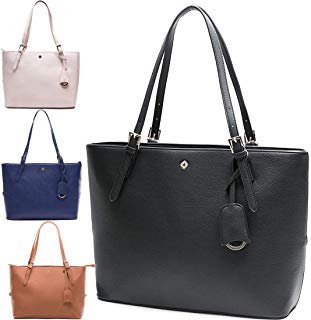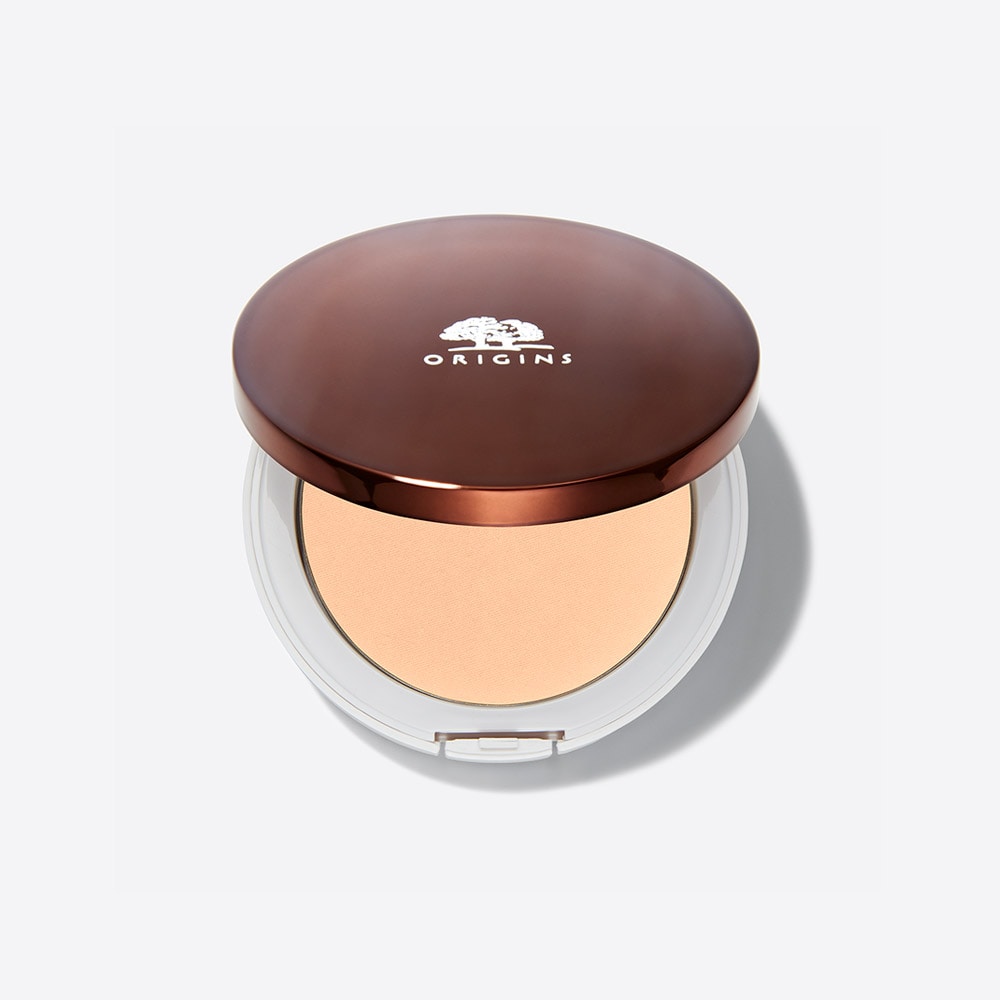
As part of my new job, I have been on the road again (after a long break) attending work conferences. I love this. I love seeing new places and I am a solid ENFJ. However, these conferences are also tiring, especially as I am attending as the solo representative of my organization.
Attending a work conference alone can be intimidating, but it is also hard. Usually there are multiple sessions and presentations at one time, many people to connect with, and awkward moments at social events trying not to stand out too much while standing alone.

Yet I feel as though I am getting into a groove on how to attend (and be successful) at a work conference alone.
*Please note that there are affiliate links in this post. Thanks for your support!*
Here are tips on how to attend (and rock!) a work conference alone:
1- Think through wardrobe.
When mingling at a conference, attire has to be performance-based yet also exude professionalism. The uncomfortable fact is that people do judge you at first sight.
I stick with a classic black suit pant or skirt with a sleeveless blouse. I need to be able to perspire in my blouse as well as have good coverage with some modesty. It want it to be simple yet also fashionable.
After that, I don’t opt for a business suit jacket. Instead, I find a cardigan I can keep in my bag is most helpful. Conference rooms and social events can run anywhere from 45 degrees F to 85 degrees F (give or take a few degrees) it seems. Having layers adds to versatility.
Walkable shoes are a must. After absolutely destroying my feet walking miles every day around conference halls in substandard shoes, I am a big believer in investing money in good business shoes.
After these basics, I add in a little flair, something on-style and noticeable. I like to be memorable but not unforgettable, and a fun accessory done in a tasteful way can usually do that.
2- Pack carefully.
I use a tote bag. I want a notepad, maybe a tablet or laptop, pens, and a place to collect business cards and handouts received.
I also have on hand not only a slew of my own business cards, easy to access and hand out, but also marketing materials for people I meet who want to know even more. These can be one-page handouts or more in-depth brochures.
I also put in toiletries for the day: a small brush, floss, clear lip gloss, chapstick, compact powder to take off the sheen, and some rosewater facial spray for getting through the 3:00 pm slump.
3- Make a plan.
Get the agenda ahead of time and research it. Know what sessions are available and WHO is presenting (which is usually more interesting and important than session names, which tend to be cute, confusing, muddled or all of those). If you don’t know a presenter’s bio or title, Google it. After I research, I write out my own personal itinerary for the day, complete with important tasks, and follow that.
If there is an exhibition hall, look through the list of vendors and booths present and decide which ones to go to. Be direct. While it can be fun to meander around a large hall and you may stumble onto an amazing opportunity, the odds are greater that the hall will be a huge time suck.
4- Don’t attend everything.
It is absolutely exhausting and unnecessary to go to everything. I find it is better to be fresh, energized, and sharp with the sessions and business connections that are most critical. If I drag myself down by trying to appear everywhere, I slog through the most important connections feeling tired.
This is where that plan comes in handy. What sessions are the must-attends? What people/presenters/speakers are the must-approach? Make sure to get those done, then have a separate list of what would also be nice if time and energy allows. Well-placed and smart conversations with the right people are more powerful than small, forgettable conversations with all the people.
5- Network effectively.
Networking, especially when alone at an event, is very intimidating. Not all networking is the same. This is by far the best article on how to effectively connect and network with people (tips 4 to 7 are golden).
6- Set some time for solitude and catching up.
You have to allow yourself down time – call home, take a walk, answer emails, watch mindless T.V., whatever it takes to recharge your battery. Build this into your plan if necessary.
7- Report back appropriately and well.
If you went to the work conference alone, then there may be a supervisor, boss or colleague who would benefit from hearing what you learned (unless you are your own boss!). Knowing your supervisor’s communication language is key, but I find that an email digest summarizing the most important connections made related to the future growth of the company works best. I don’t detail the sessions I attended but, rather, the people I connected with. I offer to make educational resources available from sessions or share what I learned; if there are key action-items and takeaways for those with more authority than I have, I make those known in this digest.
Allow the whole team and organization to benefit from your time and effort at the conference.
8- Follow up.
On the back of business cards I receive, I write notes to myself. These are ways for me to jog my memory about conversations I had that are useful and relevant. Once back at my office, I organize the cards into stacks roughly based on “great connection, “possible interest,” “save for later.” Using my notes on the back, everyone in my “great connection” pile gets a warm and friendly follow up email. I remind them who I am, some items we discussed, and propose ways to work together in the future.
Cards from that conference as well as any itineraries, agendas and handouts, all get stored together in a single folder for future reference.

Remember above all else to try to enjoy it. There are a lot of amazing people out there doing amazing things – with lots of stories to tell. Have fun hitting the road and learning more about your career and the people in your industry.
Last Updated on August 21, 2019 by Mrs. Family Trip
